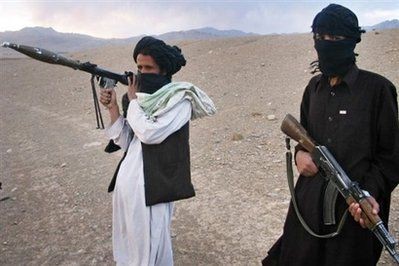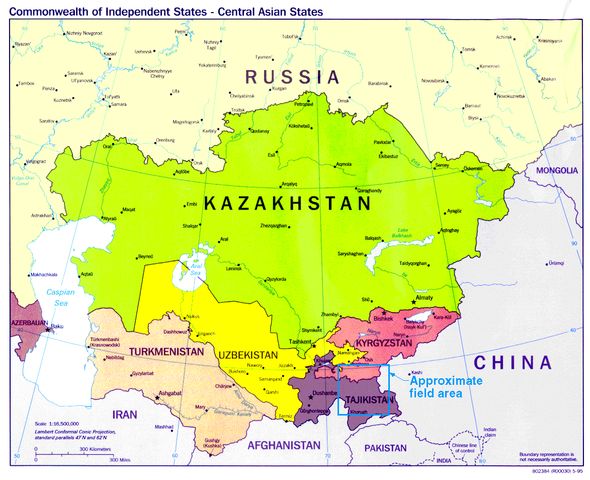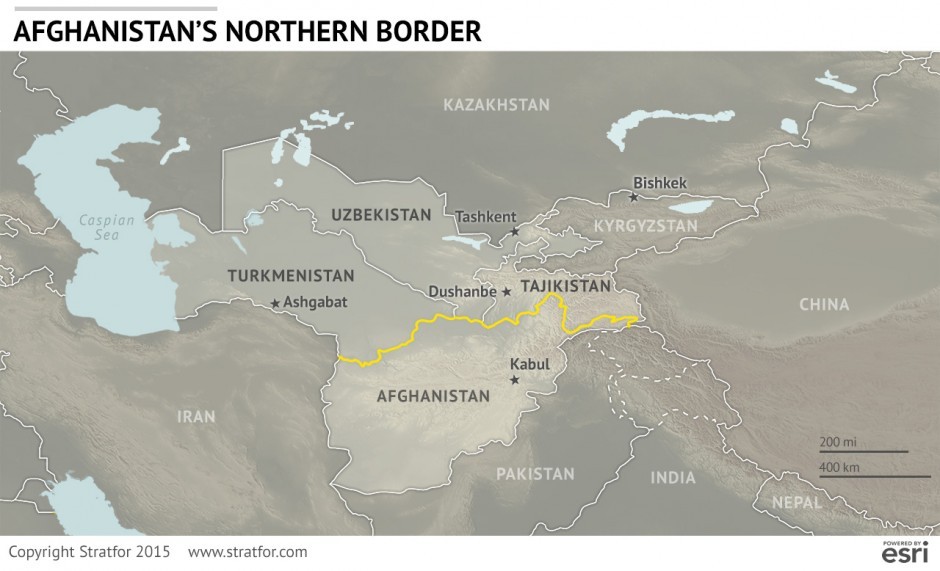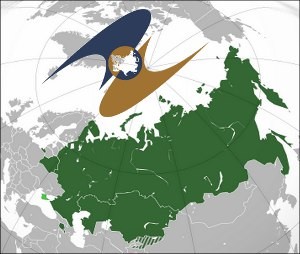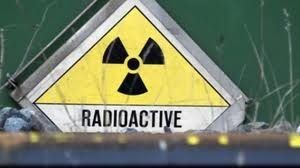Viewing results 337 - 342 of 360
OSH, Kyrgyzstan (TCA) — Russia’s sudden move to draw down its military presence in Syria has put some cards on the table regarding Central Asia’s exposure to Daesh terror in months if not years to come. As long as things stay as they are, the scenario will be limited to occasional threats demanding preventive measures to thwart “incidental” attacks. Ironically, the eventuality of Daesh being swept out of Syrian and Iraqi territory could drive tens of thousands of “fighters”, armed to the teeth and experienced in battle, to Afghanistan and northern Pakistan, capable of carrying out full-scale military campaigns towards the north. This will involve military capabilities that are not available in the states of the region. Continue reading
LONDON (TCA) — Lebanon, former Yugoslavia, Africa and Latin America where large-scale civil armed conflicts took place generate mobs and mobsters. While in Kazakhstan and Kyrgyzstan such conflicts have been avoided, Tajikistan’s leading crime chiefs seem to have come very close indeed to sharing power with legitimate authorities while Uzbekistan seems to be balancing on the edge. Both post-Soviet republics appear to be in need of a national consolidation of public support for legitimacy, rather than letting criminal gangs control the economy first and possibly the state itself later. Continue reading
BISHKEK (TCA) — Here below is an article originally published by Stratfor, which analyzes Russia’s re-evaluation of its military and security positions across the former Soviet periphery, including Central Asia. Continue reading
LONDON (TCA) — When in late summer 2014 Kyrgyzstan’s then Interior Minister Abdulla Suranchiyev revealed names of local people’s representatives accusing them of “ties with organised crime,” a shockwave went through the country and beyond. Crime in Central Asia is a long ignored fact that is a deadly danger for the society. Of course, everyone knew about the organized crime groups and their ringleaders dubbed “avtoritety,” an equivalent for the western “godfathers,” but hardly anyone so far had realised that their power over the economy and indeed society itself had become so dangerously strong, exceeding that of the much-feared terrorism made in Afghanistan and the Near East. Continue reading
BISHKEK (TCA) — Back in 2014, then minister of economic affairs of Kazakhstan Kairat Kelimbetov stated at the Astana Economic Forum that the Eurasian Economic Union (EEU) in the course of its formation “is learning a lot from the European Union – not just from the latter’s successes, but also from its mistakes”. Today, that statement is being put to the test – especially concerning the admission of Kyrgyzstan and Armenia by the bloc’s three founding members: Russia, Belarus and Kazakhstan. Continue reading
LONDON (TCA) — It is hardly a secret any longer: both Saudi Arabia and Turkey are becoming atomic powers and their plans stretch further than just Kurds and Syria. The consequences for Central Asia’s post-Soviet republics can become extremely grave sooner than it looks – not in the least because numerous cases of “disappeared” radioactive waste point in the direction of the “enemy within” – meaning Daesh, Al-Qaeda and similar groups. Put together, the facts as far as known show that the world is now closer to a nuclear military adventure, and Central Asia is not outside the danger zone. Continue reading
